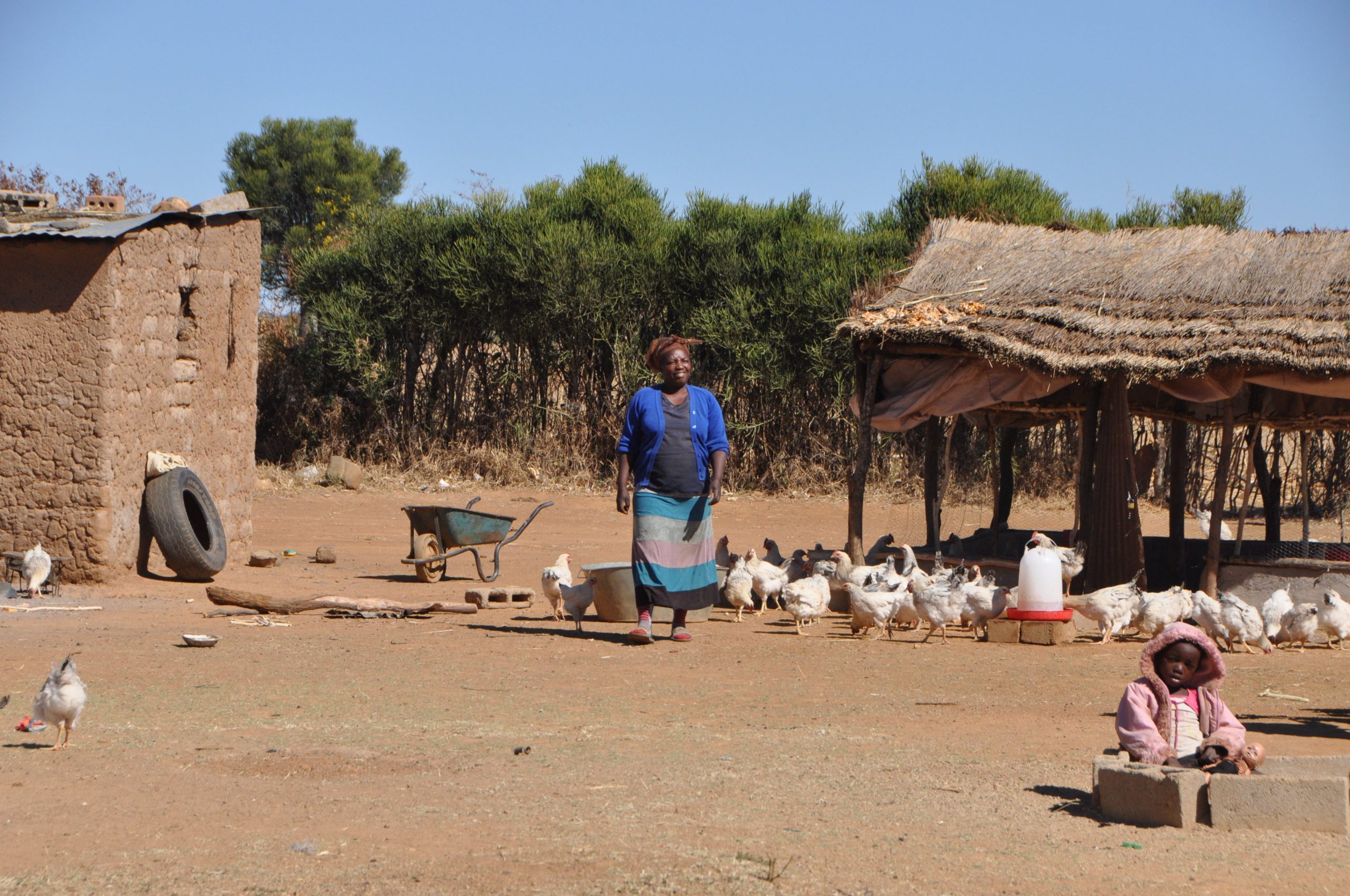Qatar has signed a whopping $13 million five-year agreement with The World Poultry Foundation (WPF) to expand the poultry sector in Sierra Leone and The Gambia.
The money is set to focus on the expansion of the foundation’s flagship programme the ‘African Poultry Multiplication Initiative (APMI)’ to help enhance food security in the countries and alleviate some of the people’s sufferings.
Qatar Fund for Development’s recent partnership will increase poultry production by up to 200% for over 100,000 small-scale farmers in comparison to local indigenous breeds, significantly raising household income and improving nutrition.
The group’s Director-General Khalifa al-Kuwari stated the programme is a quantum leap in the food security sector, and will help resource-poor areas and play a “massive role in providing livelihood essentials to vulnerable groups and provide households with income and nutritionally rich food sources.”
“This agreement is a continuation of QFFD’s efforts in supporting food security and climate efforts. Last year, Qatar Fund for Development launched Nanmo initiative with Bill & Melinda Gates, investing in climate-adaptive agriculture tools and technologies to build resilient food systems and markets that provide nutrition, income and economic opportunities to small-scale producers in the African communities,” he added.
According to statistics, over 70% of smallholder farmers in Africa—80% of whom are women— raise poultry.
To run a successful poultry operation, these farmers frequently require access to high-quality poultry, balanced feed, technical training, financial services, and effective market connections.
WPF has been involved in creating and putting the APMI into use since 2017. Over 13,000 new brooder units have been registered, over 97.5 million day-old chicks have been distributed, and nearly 2.4 million small-scale farmers in Nigeria, Tanzania, and Zimbabwe have been reached by the programme.
The APMI program collaborates with partners in the private sector to create incentives for expanding rural markets in remote locations where high-quality inputs are typically inaccessible.
Food security threat
More than half of the population of Gambia is on the verge of food insecurity and is susceptible to any shock. According to 2021 statistics, 329,189 people, or 13.4% of the nation’s population, experience food insecurity. In total, 11.6% of people experience moderate food insecurity, compared to 1.8% who experience severe food insecurity
Female-headed households were found to have a higher prevalence of food insecurity (14.8%) than male-headed households (13%).
Meanwhile, Sierra Leone’s poor financial situation is taking a hefty toll on its people.
Numerous issues affect the populace, such as inadequate sanitation, widespread hunger, and high infant mortality rates. Nearly three million people lack access to safe water, and many families struggle to find basic services, according to Action Against Hunger.
Qatar’s recent and very-generous donation is expected to help thousands of people in both countries have food security and more is expected to be done.







